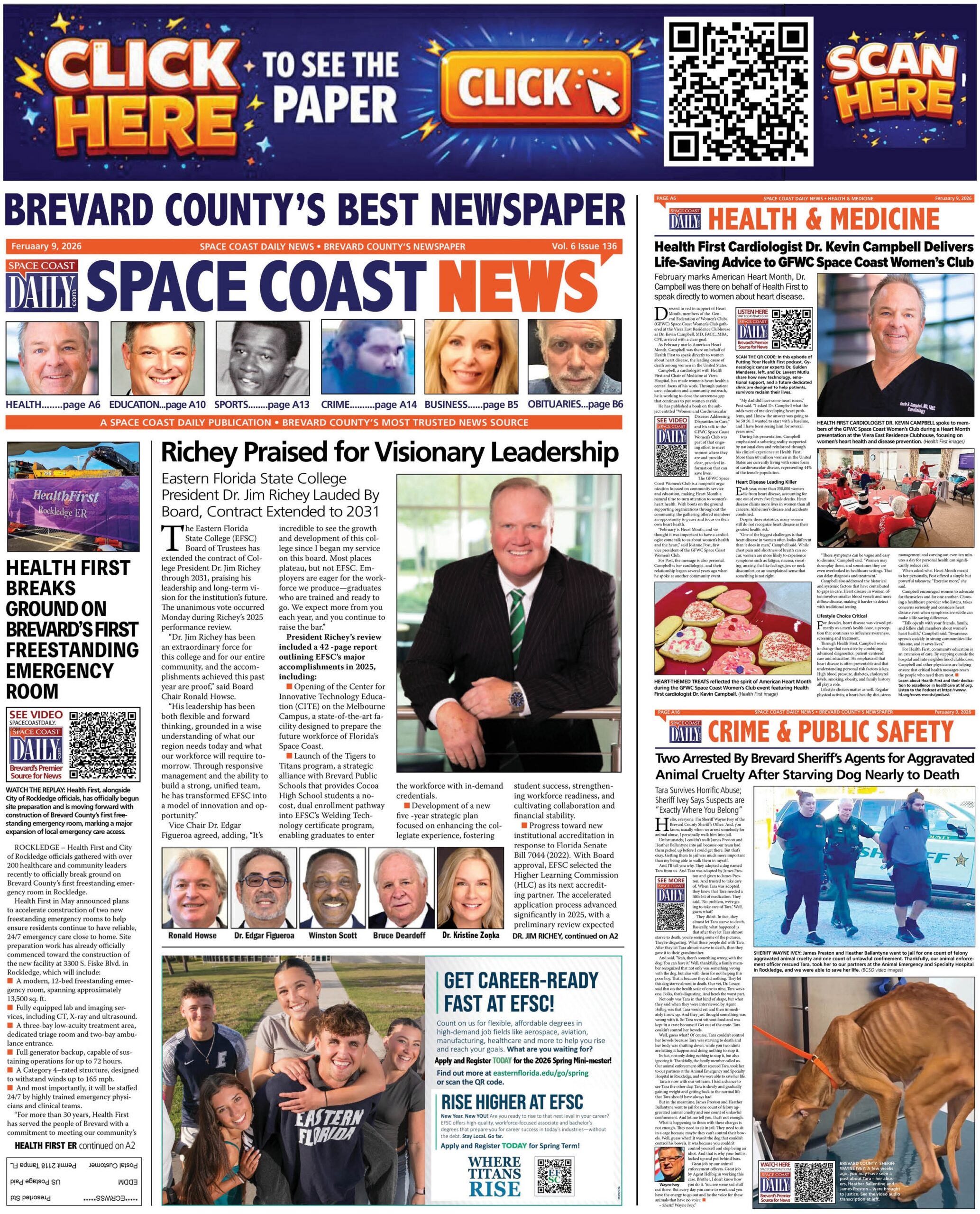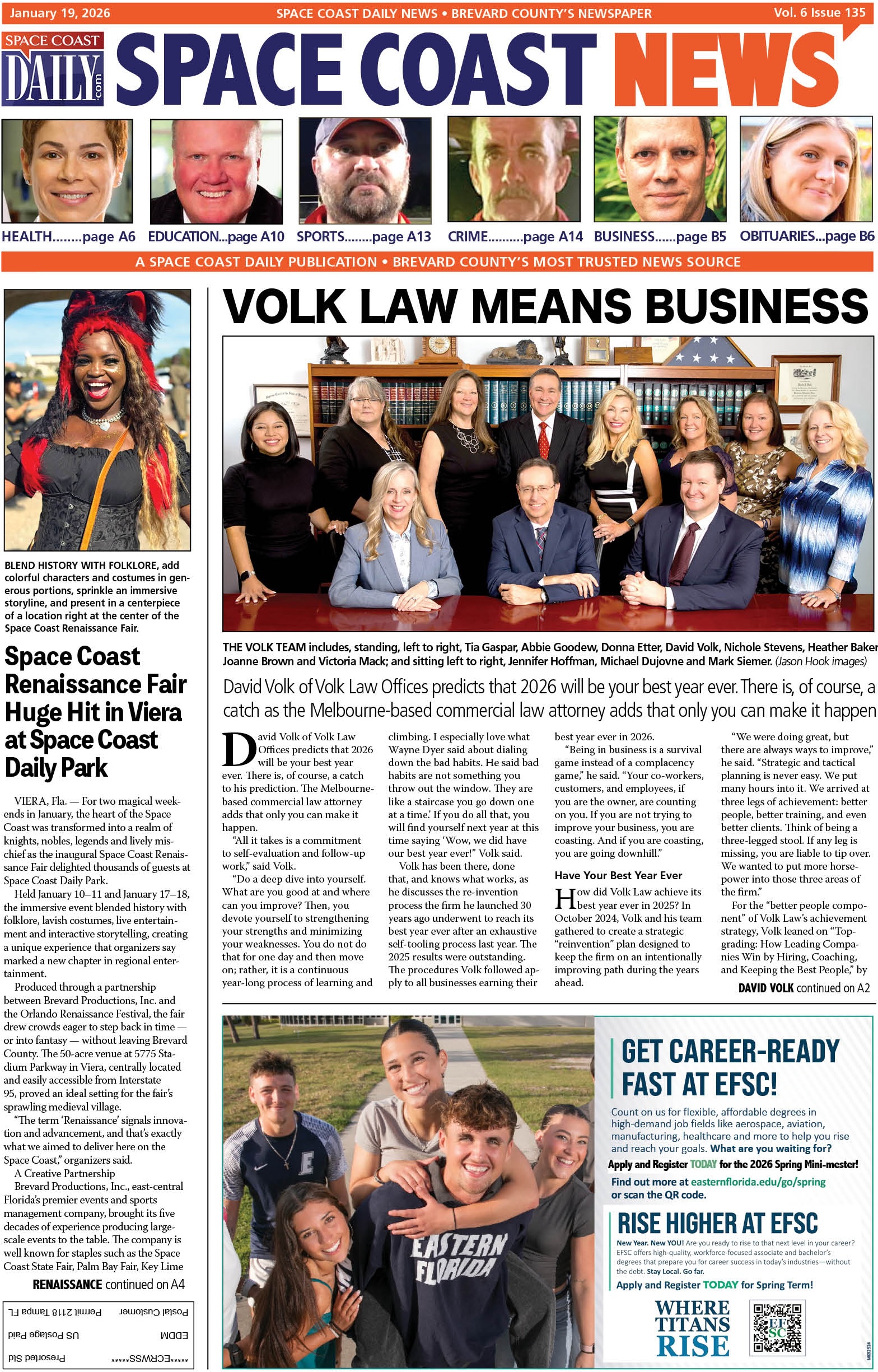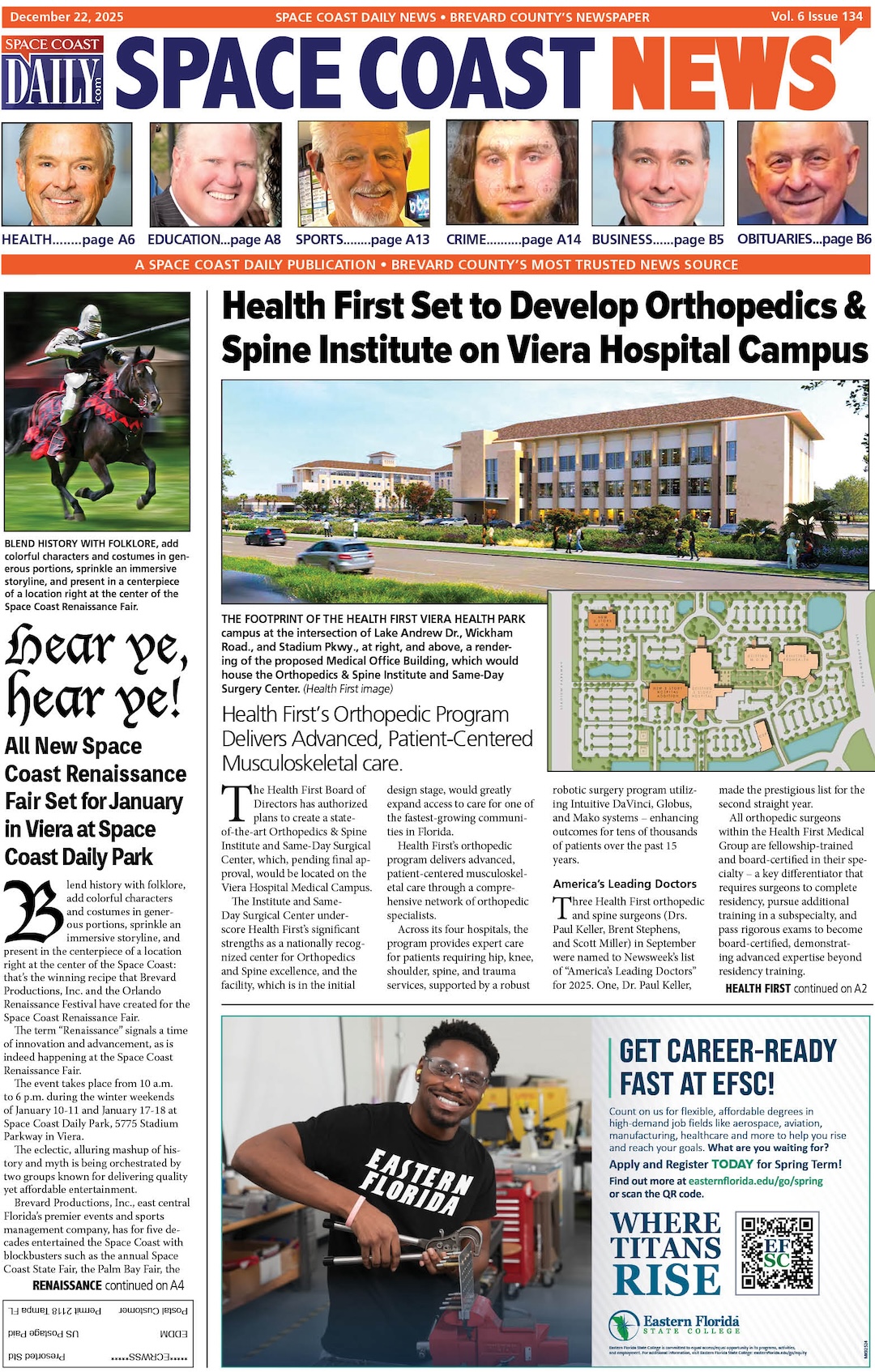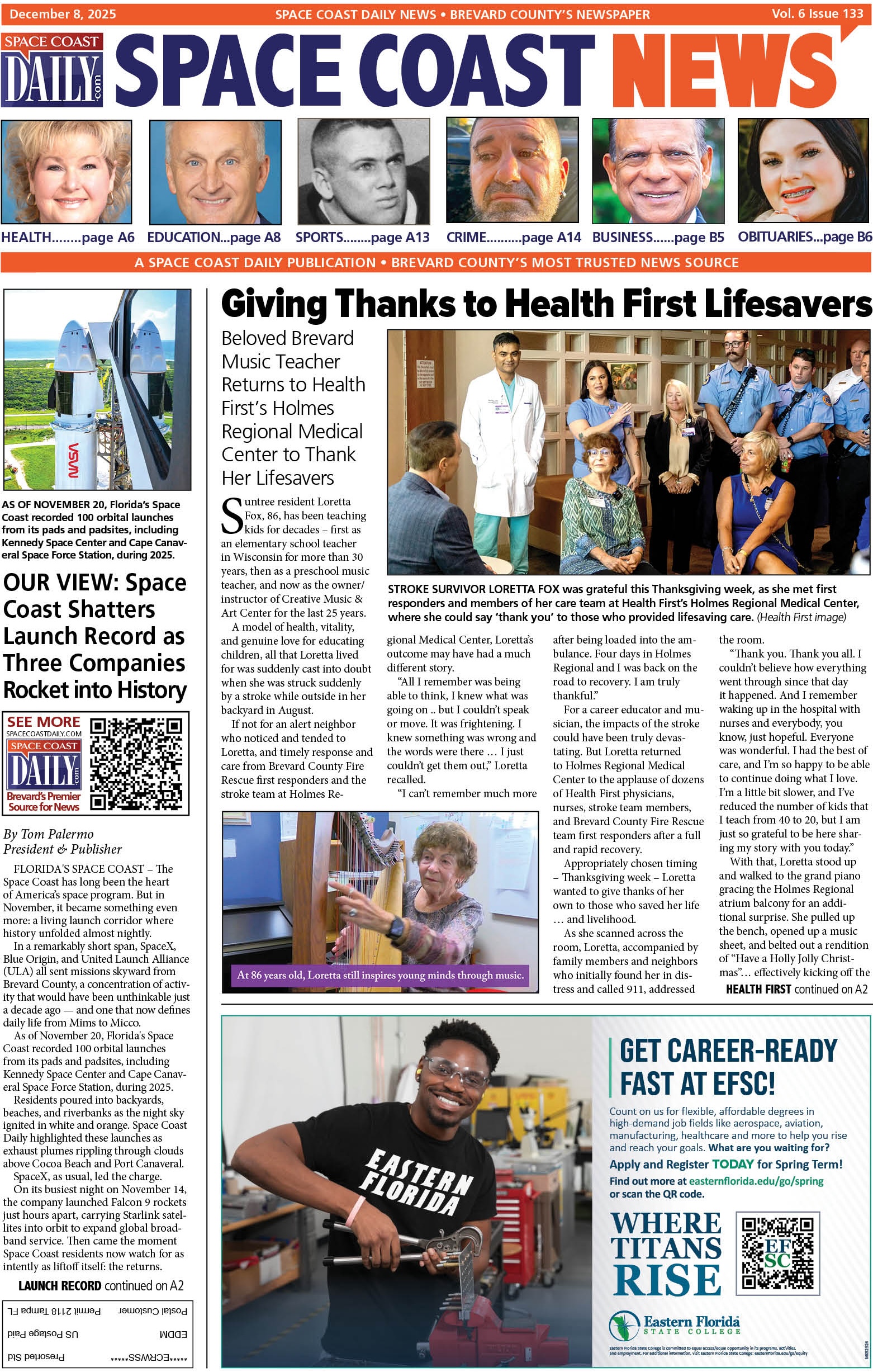Florida Tech’s Andrew Palmer Wins Planetary Society Grant to Study Deep-Space Agriculture
By Adam Lowenstein, Florida Tech News Bureau // June 7, 2023
education spotlight
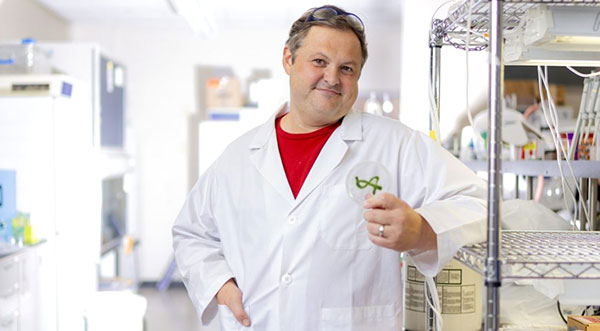
BREVARD COUNTY • MELBOURNE, FLORIDA – No matter where humans travel, sustenance remains a necessity. Finding a bite to eat during a visit to New York, for example, is no problem.
When the destination is a bit farther away, such as Mars, the options are not as plentiful there or on the long journey to get there.
That’s where Florida Tech’s Andrew Palmer comes in.
He and other scientists are exploring ways to feed our explorers, and a new competitive grant from the Planetary Society will fund work that examines the two most likely ways to produce food during travel to these far-flung spots: in soil or something like soil, or in water.
Palmer and his team were awarded a $50,000 Science and Technology Empowered by the Public (STEP) grant, the Planetary Society recently announced.
Their project: “Evaluation of food production systems for lunar and Martian agriculture.”
For the next year, they will grow radish microgreens, lettuce, and tomatoes in identical environmental conditions with one major exception: one batch will be grown hydroponically, and another will be grown in regolith–like lunar or Martian soil.
The aim of the experiment is to characterize and compare the two methods, both of which have merits and shortcomings.
“It may be that a combination of these approaches, tailored to the diverse needs of different crops, is the best way to provide sustainable and productive agriculture,” Palmer said.
“Until now, there have been no direct comparison studies between hydroponic and regolith-based systems for any crop targeted for space applications. We are excited to address this knowledge gap.”
The team, which includes experts in plant physiology and biochemistry as well as space agriculture and systems efficiency analysis, will test their hypothesis that faster-growing crops like microgreens will be better suited for hydroponic systems even in the long term, while slower-growing crops like tomatoes may favor a regolith-based production system.
Palmer and his co-investigator, Rafael Loureiro from Winston-Salem University, are joined by collaborators J. Travis Hunsucker and Thiara Bento from Florida Tech, Laura E. Fackrell at the Jet Propulsion Laboratory and Jéssica Carneiro Oliveira at Universidade Federal do Estado do Rio de Janeiro, Brazil.
CLICK HERE FOR BREVARD COUNTY NEWS



